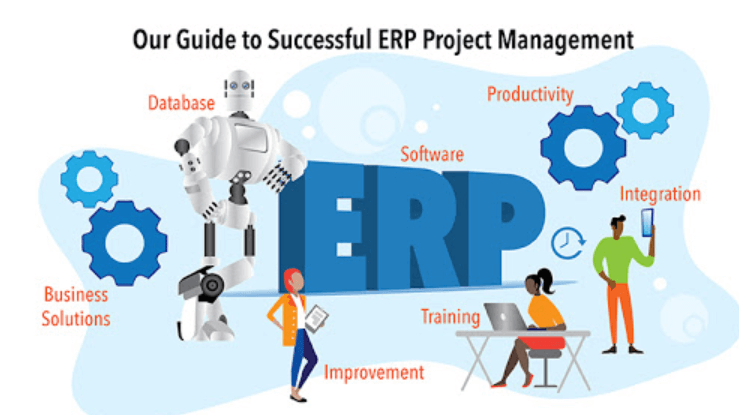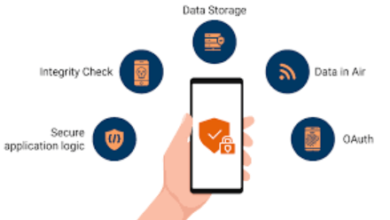From Vision to Reality: How an ERP Implementation Project Manager Delivers Results

Enterprise Resource Planning (ERP) systems have become indispensable tools for modern businesses, streamlining operations, enhancing efficiency, and providing valuable insights. However, the successful implementation of an ERP system is no small feat—it requires careful planning, expert guidance, and meticulous execution. This is where an ERP implementation project manager plays a pivotal role. This article will explore the crucial functions of an ERP project manager and how they transform the vision of ERP implementation into a reality.
Setting the Foundation: Project Planning
The journey of ERP implementation begins with meticulous project planning. An experienced ERP implementation project manager initiates the process by identifying business objectives, aligning them with the capabilities of the chosen ERP system, and developing a comprehensive project plan. This plan outlines the project’s scope, timeline, resource allocation, and key milestones, setting the foundation for a successful implementation.
Stakeholder Engagement and Communication
Effective communication is at the heart of a successful ERP implementation project. An ERP implementation project manager ensures that all stakeholders, from top management to end-users, are engaged and informed throughout the process. They facilitate regular meetings, provide status updates, and address concerns promptly, fostering a collaborative environment conducive to project success.
Vendor Selection and Management
Selecting the right ERP vendor is a critical decision. An implementation project manager leverages their expertise to evaluate potential vendors, considering factors like system fit, scalability, and support services. Once the vendor is selected, the manager continues to play a vital role in vendor management, ensuring that the vendor delivers as per the contract and addresses any issues that may arise.
Customization and Configuration
ERP systems often require customization and configuration to align with a company’s unique processes and requirements. The ERP implementation project manager collaborates with the vendor and internal teams to design and implement these customizations, ensuring that the ERP system seamlessly integrates with existing workflows.
Read also Exploring the Future: Upcoming Trends in Artificial Intelligence
Change Management
ERP implementation brings significant changes to an organization’s operations and workflows. An ERP implementation project manager is responsible for leading change management efforts, which include training programs, workshops, and communication strategies. They aim to ensure a smooth transition for employees, minimizing resistance to change and maximizing user adoption.
Quality Assurance and Testing
To ensure the ERP system functions as intended, rigorous testing is essential. The ERP implementation project manager oversees the testing phase, which includes unit testing, integration testing, and user acceptance testing. They ensure that any identified issues are resolved promptly, maintaining the project’s timeline and quality standards.
Data Migration and Go-Live
Data migration is a critical phase of ERP implementation, as it involves transferring existing data into the new system. The ERP implementation project manager oversees this process to ensure data accuracy and integrity. Once data migration is complete, they coordinate the system’s go-live, ensuring a seamless transition to the new ERP environment.
Post-Implementation Support
Even after the ERP system is live, the role of the ERP implementation project manager continues. They provide post-implementation support, addressing any issues that may arise and fine-tuning the system to optimise performance. This ongoing support ensures that the ERP system continues to meet the organisation’s evolving needs.
Performance Evaluation and Continuous Improvement
An ERP implementation project doesn’t truly end; it evolves. The ERP implementation project manager conducts performance evaluations to assess the system’s effectiveness in meeting business objectives. They also identify areas for improvement and work on optimizing the system to enhance efficiency and productivity continuously.
Conclusion
The journey from vision to reality in ERP implementation relies heavily on the expertise and guidance of an ERP project manager. With their skillful orchestration, an ERP implementation project manager transforms the vision of an efficient, integrated, and streamlined organization into a reality, ultimately driving business success and growth. In the world of ERP implementation, they are the architects of transformation, ensuring that the benefits of modern technology are harnessed to their fullest potential.




